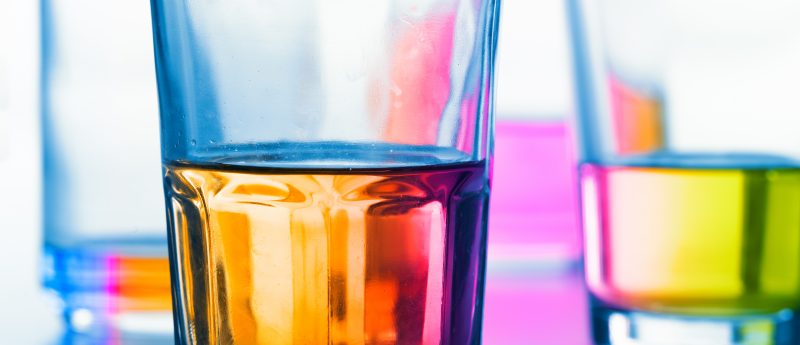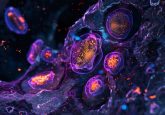A novel use for predictive protein, FGF21, could aid in combatting alcoholic liver disease

Refer a colleague
In a collaboration with the University of Pennsylvania (PA, USA), researchers at Beth Israel Deaconess Medical Center (MA, USA) have identified the dual role of fibroblast growth factor 21 (FGF21) in alcohol metabolism, which may have clinical applications in the limitation and even reversal of alcoholic liver damage.
Findings published in Molecular Metabolism have not only identified FGF21s capacity to maintain normal alcohol clearance when downregulated, but also to deter alcohol consumption when overexpressed in mice.
“We showed that alcohol consumption induces FGF21 as a protective response in the liver that reduces the degree of alcohol-induced damage,” co-senior author Eleftheria Maratos-Flier (Beth Israel Deaconess Medical Center commented. “Because humans and mice have similar responses, mice may be a good model for studying this further.”
These results follow research recently published by the same authors, in Molecular Metabolism, investigating the role of FGF21 in protecting the liver against toxicities associated with a ketogenic diet in mice. Maratos-Flier commented: “looking at the relationship between alcohol-induced liver disease and FGF21 was the next step.”
In both human and mouse models, FGF21 was demonstrated to be increased in blood sera from individuals who had binged on alcohol just a few hours prior. FGF21-knockout mice were also subject to increased liver damage and expression of genes associated with hepatic inflammation and scarring responses, compared to what was observed in wild type mice.
FGF21 was cleared normally in FGF21-knockout mice, suggesting the absence of a role for FGF21 in acute alcohol metabolism. Mice bred to overexpress FGF21 and wild type mice administered extra FGF21 were observed to prefer water over alcohol, suggesting a limiting characteristic of FGF21 in alcohol consumption.
“Our results may encourage the development of drugs that mimic FGF21 for the treatment of alcoholic liver disease, and possibly to produce alcohol aversion,” Maratos-Flier further noted.
Potential future lines of investigation include the clinical development of the use of FGF21 in alcohol-associated liver damage, and in combatting alcohol dependence. From this research, a novel technique utilizing the protective properties of FGF21 may be available in the future.
Sources: Desai BN, Singhal G, Watanabe M, Stevanovic D et al. Fibroblast growth factor 21 (FGF21) is robustly induced by ethanol and has a protective role in ethanol associated liver injury. Mol. Metab. doi:10.1016/j.molmet.2017.08.004 (2017); www.eurekalert.org/pub_releases/2017-08/bidm-rrp082117.php
Please enter your username and password below, if you are not yet a member of Bioanalysis Zone remember you can register for free.






